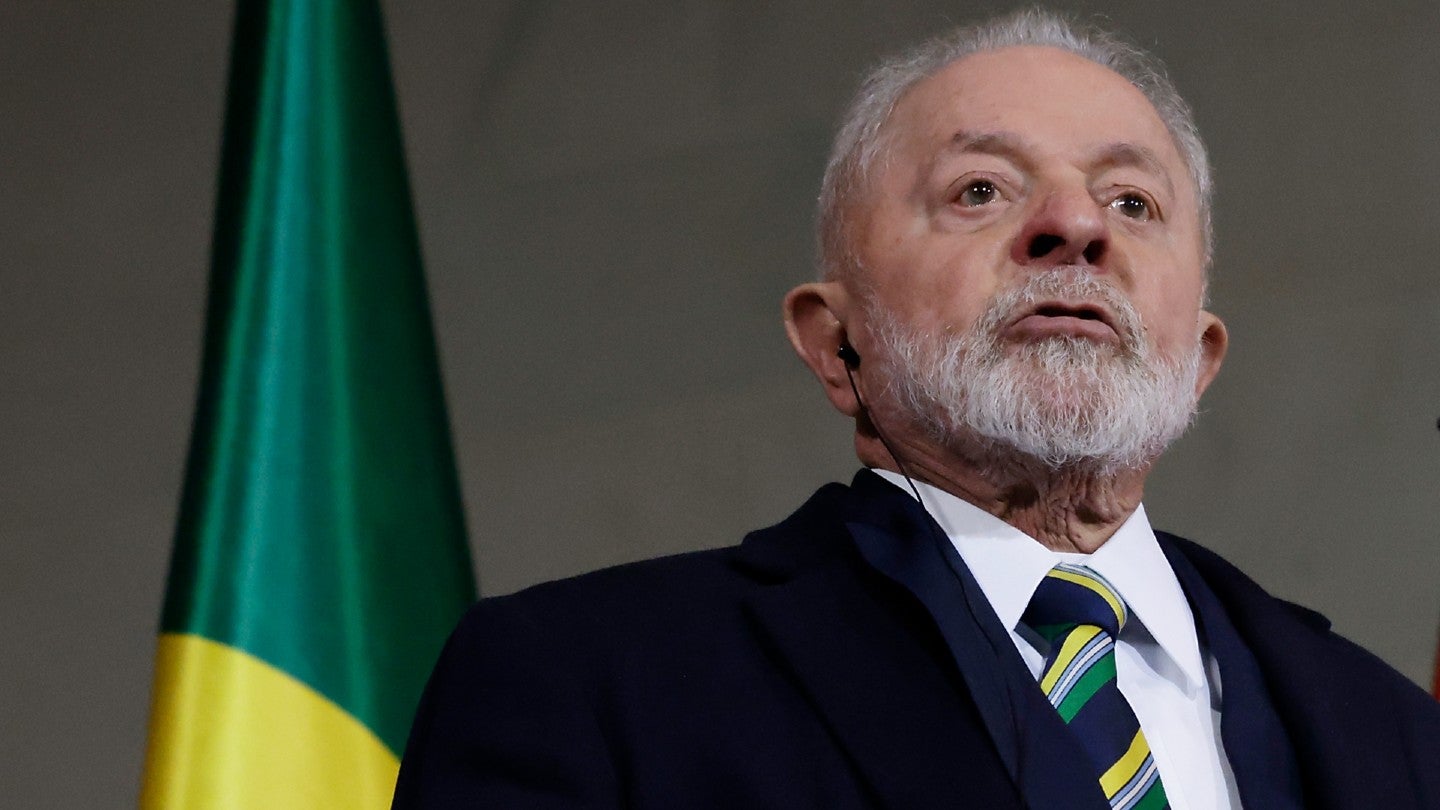Brazil has brought clarity to the country’s sports betting and igaming market after ratifying a new regulatory framework into law.
President Luiz Inacio Lula da Silva (Lula) passed Bill PL3626/23 into law on December 30 after Brazil’s chamber of deputies voted to endorse the bill on December 21.
The ratification ends an impasse of the ‘Betting Law’ (created in December 2018) as former president Jair Bolsonaro withheld federal sign-off of sports betting last year due to hardline Catholic resistance to the law.
President Lula’s Workers’ Party then revised the bill, which underwent federal evaluation by Brazil’s Senate Committees last September. The evaluation led to over 100 amendments before being approved.
The latest version incorporates a tax on winnings and igaming after previously being removed by the Senate.
The Ministry of Finance now has six months to create the regulatory frameworks.
Now enacted, the law is expected to earn the Brazilian federal government more than R$3 billion ($610 million) per year in taxes alone.
Under the law, bettors will pay a 15% tax on any winnings above R$2,112, while licensed operators will be charged 12% tax.
A five-year federal license will cost businesses R$30 million and will allow them to operate three brands in the market. Licenses will be restricted to companies that have their headquarters based in Brazil and have a legal guardian based in the country.
The operators must also have a Brazilian board member who will hold at least 20% of the company’s share capital.
In terms of regulation, operators must offer customers self-exclusion windows that range from 24 hours to six weeks. They must also verify the identities of bettors – all of whom must be over 18 years old – through facial recognition technology.









